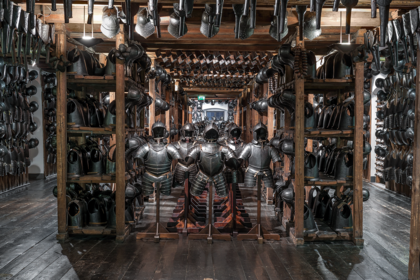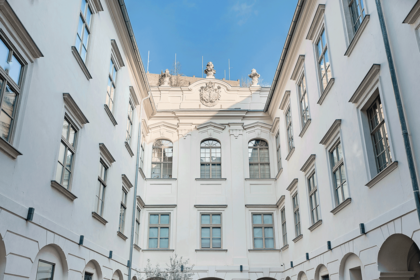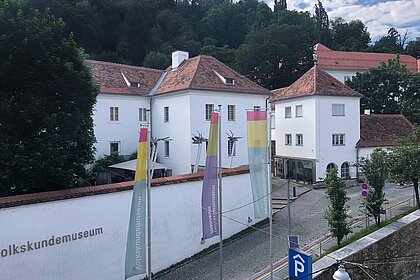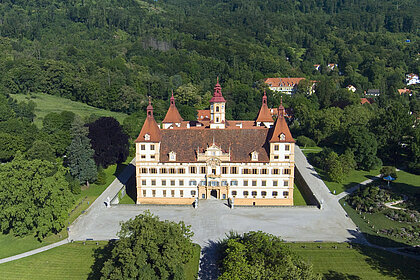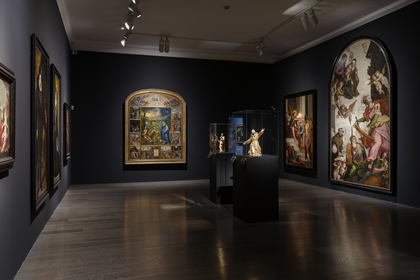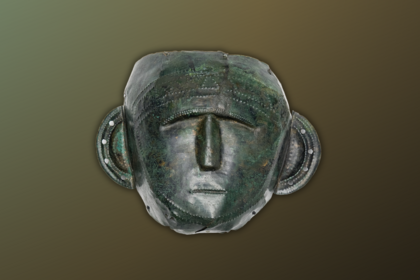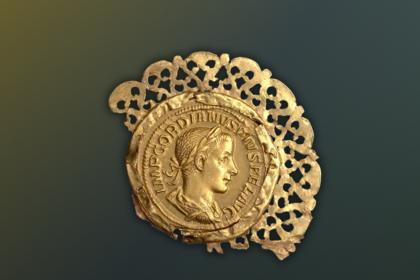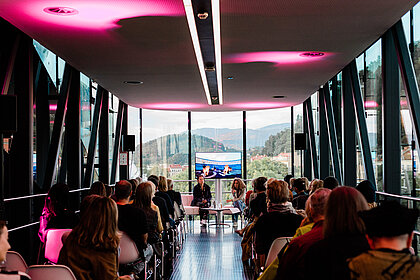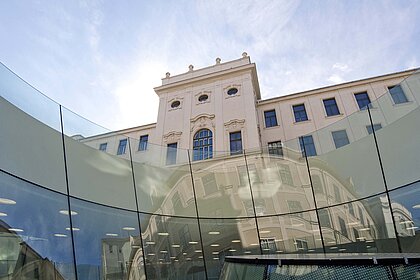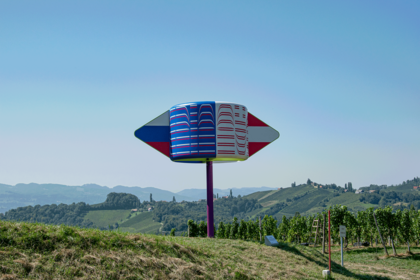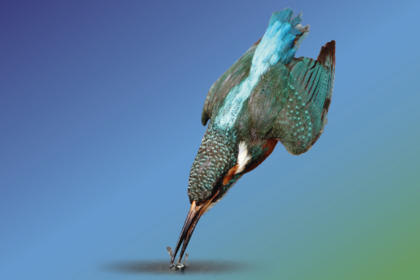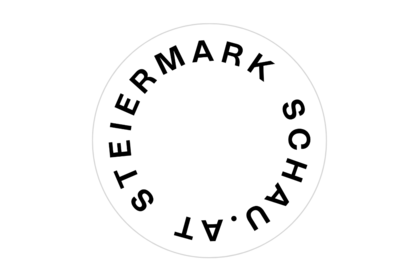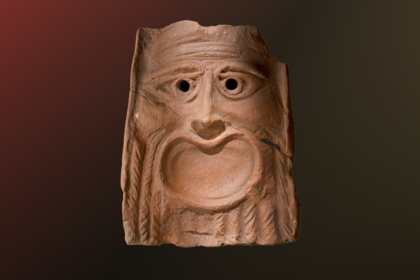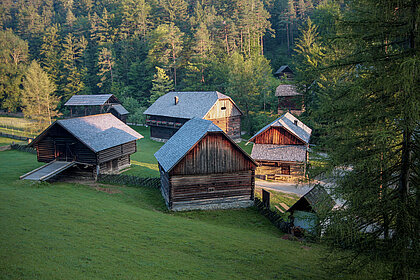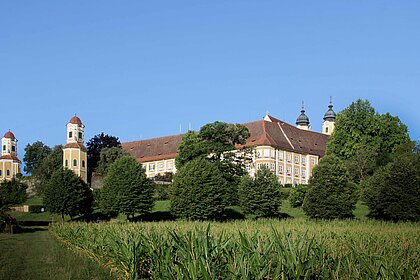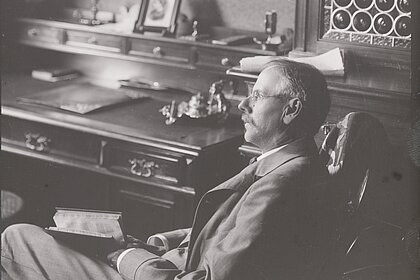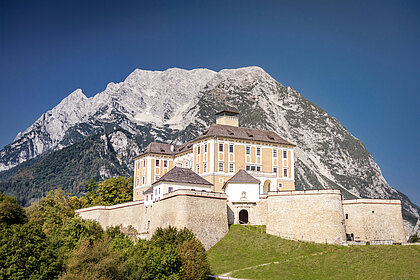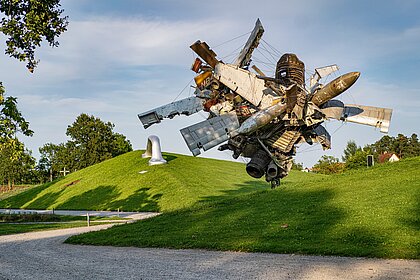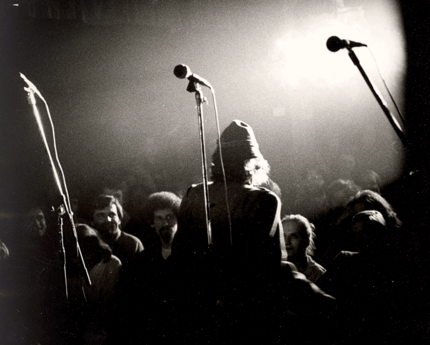Specially conceived for young persons aged 13 upwards, with the perspective on Styria, focused on people. At the centre of the exhibition lies the question of what accounted for the fascination for and cohesive power of the NS regime. One answer to this is attempted with the concept of the ‘people’s community’ as a central propagandistic formulation of the Nazi regime. Ultimately never fulfilled, it promised social community, political unity, as well as the abolition of class and status barriers. In this, unity and equality were deliberately manufactured by the regime.
Terror from high above was not necessarily required for this. Millions of Germans sought to become members of the various NS organisations – men, women and children could, and wanted to, be a part of a ‘new great idea’ and ‘movement’. But the notion of a ‘people’s community’ was not based on involvement and inclusion alone! Inequality was part and parcel of the National Socialist people’s community. Whoever was ‘not German’ or ‘of foreign blood’ could not belong to it. Diseased people likewise had little share in the propagated performance-based society: in the view of the National Socialists, they weakened the ‘strong national body’. Those who did not fit into the concept were shut out, persecuted, arrested – or murdered.
Why?
Styria and National Socialism
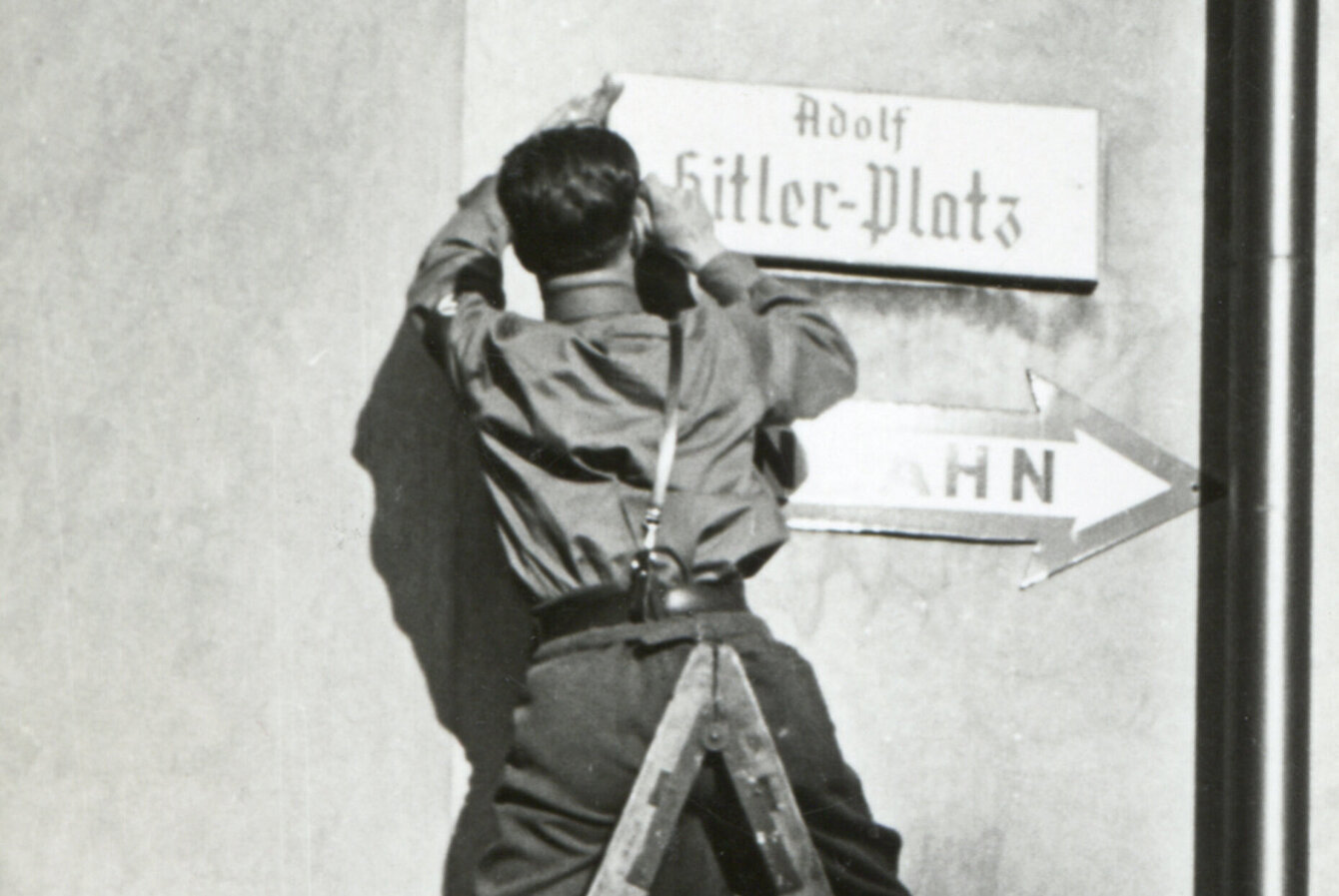
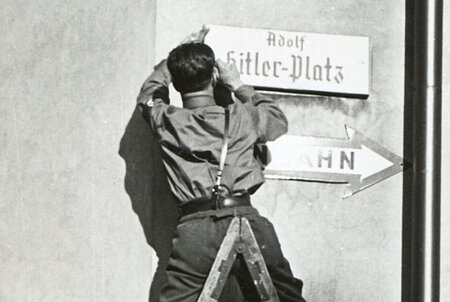
Image Credits
Opening
24.11.2022
Location
History Museum
Curators
Heimo Halbrainer, Gerald Lamprecht, Christian Heuer and Bettina Habsburg-Lothringen
Show all
The years of the National Socialist reign meant terror, persecution and the murder of millions of people. A new permanent exhibition in the History Museum is devoted to this period.
A cooperation between the History Museum, the Center for Jewish Studies at Karl-Franzens University Graz, the Working Area History Didactics at the Institute of History at Karl-Franzens University Graz, as well as the History and Educational Society CLIO14
Exhibition design
chiara riccardi studio
About the exhibition
Glimpses
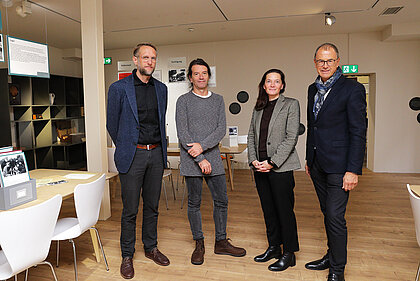
Image Credits
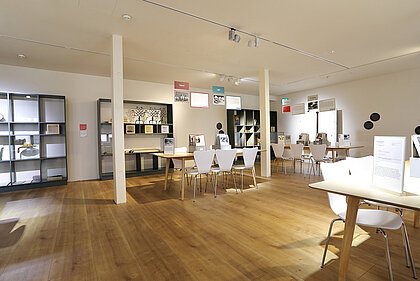
Image Credits

Image Credits
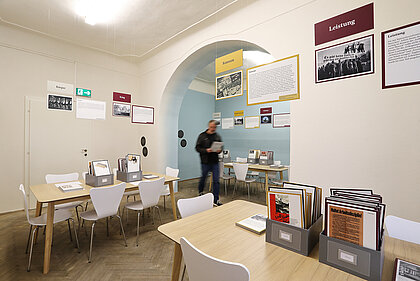
Image Credits
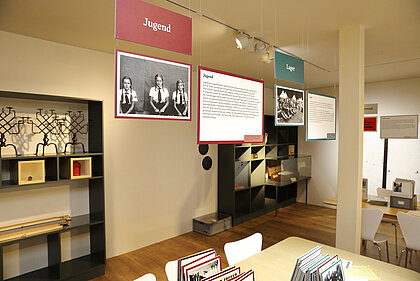
Image Credits
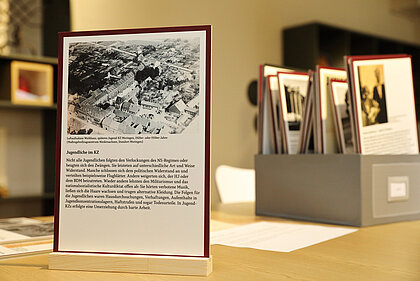
Image Credits
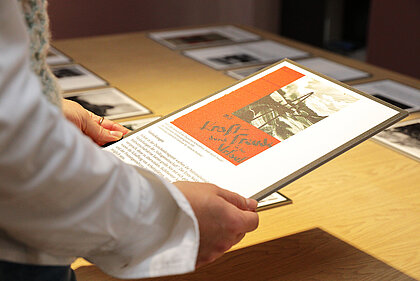
Image Credits

Image Credits
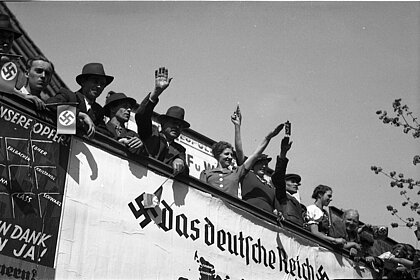
Image Credits
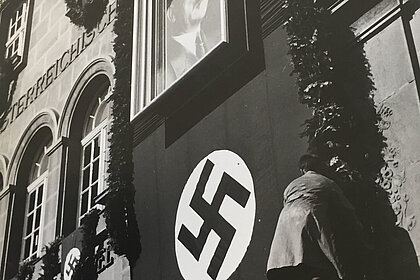
Image Credits
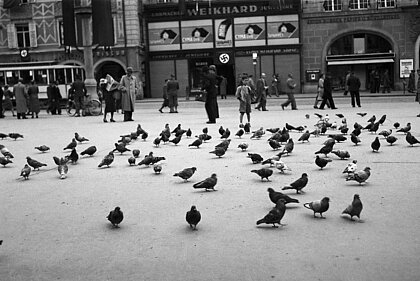
Image Credits
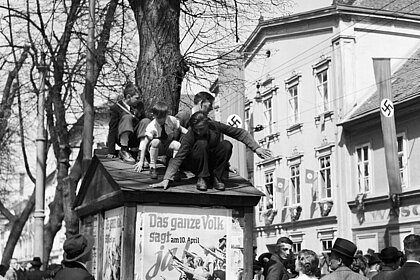
Image Credits
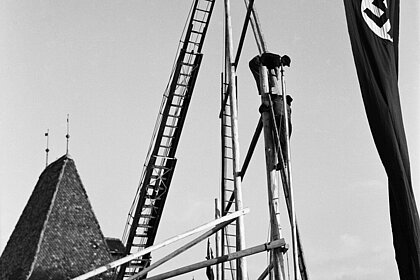
Image Credits
